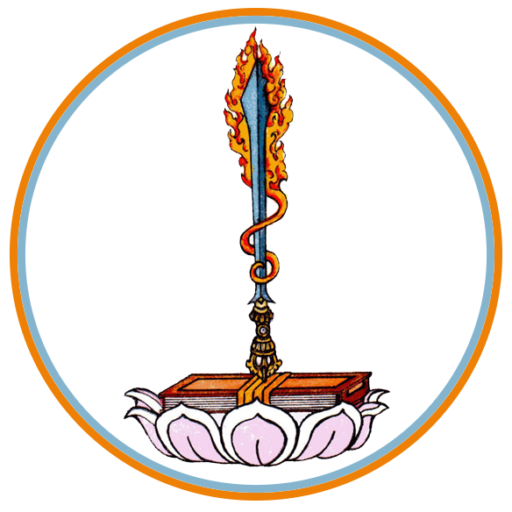
- This event has passed.
Death, Birth, and Great Bliss: A meditation & biology retreat on the transience of all, Wangapeka, NZ
March 5, 2011 – April 1, 2011 UTC-8
A four week retreat at the Wangapeka Educational Trust & Retreat Center, New Zealand, organized by the Queenstown Dharma House.
A one-week introductory option*
Lama Mark will be teaching a three-week Vipassana retreat that starts with one-week of nature studies and body awareness.
“Week One-Opening up the Enquiring Mind: To prime the mind of enquiry, joy and investigation, at a global scale, we will start with an introduction to the natural history of birth, life and death, combined with sessions of body awareness and energy yoga to settle the mind. We will spend the majority of each day exploring life forms with microscopes and keen field observation, mixed with informal seminars on the biology of reproduction, death, life and ecology. Learning the retreat skills of the gentle mode of enquiry, interest, study and observation will be especially emphasized through the field, body awareness and lab sessions and how these are applied in the following retreat. Please see the quote below from Thomas Eisner’s book, For the Love of Insects.
Weeks Two to Four – Meditation on Transience: With the support of energy yoga and loving-kindness, I will direct participants minds to the insight meditations on the transient nature of all things: birth, continuity and cessation. This involves repeatedly observing with a still, clear mind the nature of sensation, feelings, mental states, self and the experience of all phenomena. Vipassana meditations, including the meditation on death will be given from the Theravadin and Vajrayana traditions as well as from some modern biological themes. By deeply contemplating the transient nature of all, we come to experience of the cessation of clinging–bliss-emptiness–a great freedom. The profundity of this type of meditation and its bliss-emptiness nature are summed up by this ancient Pali verse:
Anicca vata sankhara – uppada-vaya-dhammino
Uppajjitva nirujjhanti – tesam vupasamo sukho
Transient are all component things, their nature is to arise and cease,
life comes into being, then dissolves, their cessation is bliss.”
(Lama Mark)
Priority for accomodation will be given to those who wish to attend the entire four-week retreat.
A quote from Thomas Eisner’s book, For the Love of Insects:
“How is it, I am often asked, that I make discoveries? I always feel a bit awkward about answering the question, because I do not have a particular method. The truth is that I spend a fair amount of time looking around. I already knew as a boy that if I wanted to see things happen- if I wanted to win the revelatory lottery of nature- I had to buy a lot of tickets. So it was in my youth that I formed the habit of taking exploratory walks, whenever possible and as often as possible, for the sole purpose of “eaves-dropping” on nature. Naturalists thrive of such walks, driven by curiosity and the hope of witnessing chance events. Taken at face value, such events may not amount to much. But they may “connect” to what you already know, to previous observations stored away in your memory, and thus take on added meaning. There has to be a constant readiness to make such connections. Every tidbit of new information, no matter how trivial, has the potential of amounting to more than a speck of colour. Properly assigned to the pointillist canvas that constitutes your inner view of the natural world, the new speck adds dimension to the vision.
… I have been extremely lucky in having nature reveal itself on occasion through chance events in my presence. I can remember as if it were yesterday witnessing for the first time Utetheisa being cut from a spider web, or Chrysopa dressing itself as an aphid, or Ammophila carrying a “flower,” and I yearn for future occasions when I may again be granted unexpected glimpses into the workings of nature. One of the great joys of returning to your natural haunts time and again, is that you have the opportunity of grasping the broader image. Observations tend then to become cumulative, to be evocative and revelatory in ways that are not possible until you begin to feel at home in the area. For the naturalist, in fact, feeling at home means having achieved a biological appreciation of a region.” (p. 395)
For information about the retreat, please contact: qtndharmahouse@yahoo.com
Wangapeka Educational Trust & Retreat Center, New Zealand
